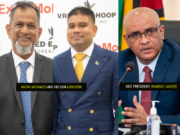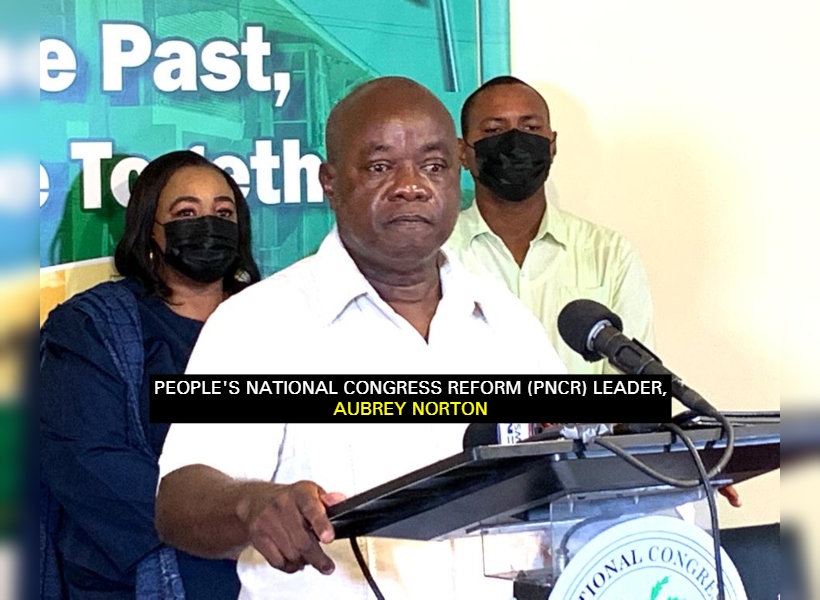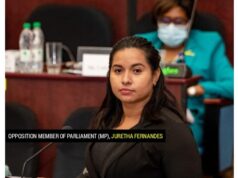The People’s National Congress Reform (PNCR) says it stands ready to improve ethnic relations in Guyana, as the World observes International Day for the Elimination of Racial Discrimination today.
The PNCR, which is the largest party in the A Partnership for National Unity + Alliance for Change (APNU+AFC) bloc, emphasised the need for Guyana to “move beyond the current lip service and hypocrisy” and to embrace much-needed intervention.
The United Nations’ International Day for the Elimination of Racial Discrimination, observed annually on March 21, recognizes that the injustices and prejudices fueled by racial discrimination occur daily across the globe.
The PNCR said that race relations in Guyana continue to dominate social and political life. Compared to countries torn apart presently and historically by ethnic wars, Guyana has been spared the worst. For this, the party said that the Guyanese people must be praised for showing the readiness and resilience required to build a united country.
Nevertheless, it recognised that race relations in Guyana “are strained by our divisive politics, pervasive racial discrimination, racial bias and antagonisms, and perceived and actual inequality of opportunity”.
It added that Guyana can still reverse the effects of strained relations, but such a reversal will require sweeping, sustained and structured approaches.
“Lip service and sporadic actions will not work,” the party underscored while boasting of a framework it conceptualised that is “specific, practical, and attainable”.
The framework is built on the achievement of three goals, all enshrined in the Guyana constitution, and includes: the fostering of good ethnic relations, the elimination of racial discrimination, and the promotion of equal opportunity.
Furthermore, in the PNCR’s framework, these three constitutional goals will be applied to building good race relations in critical racially-sensitive spheres of our society, such as governance; employment and procurement practises; intercommunity and intra-community relations; and government allocation of state resources and opportunities.












How can they, when they hate every human on earth?